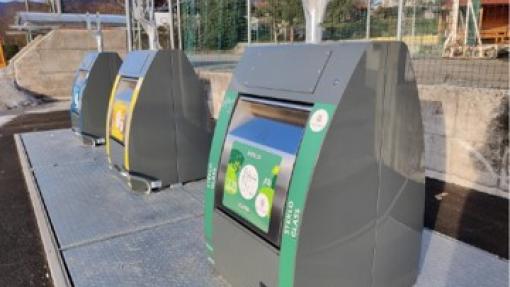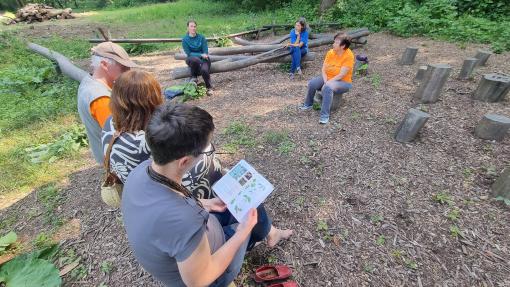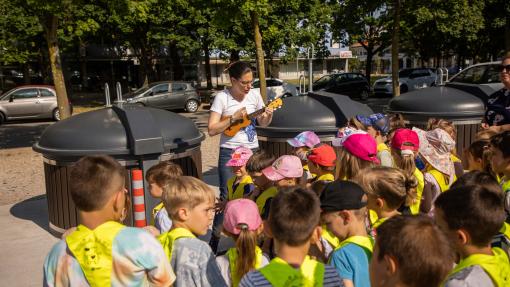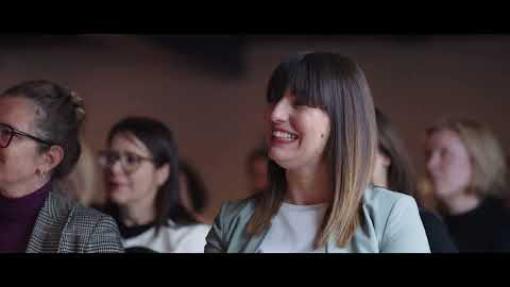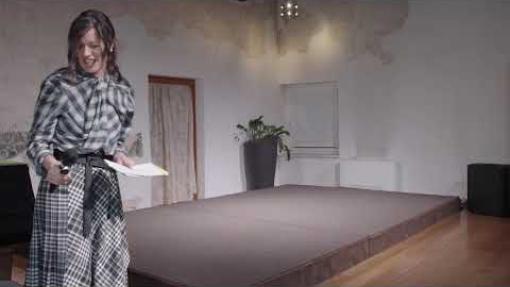
WASTE DESIGN 2.0
Specific objective: SO6 – Promoting the transition to a circular and resource efficient economy
Typology: capitalisation project
In order to address the challenges posed by climate change and sustainable development, with a focus on waste management and promotion of circular economy, the overall objective of WASTE DESIGN 2.0 is to foster the transition to circular economy through improved waste management, waste treatment and reuse, with a view to mitigating the environmental impact of waste. The project aims to increase the separate waste collection rate in the programme area and raise public awareness on the importance of circular economy. This project is innovative as it includes pilot investments in new waste collection sites, where a digital system will be installed to monitor fullness levels of waste containers. The awareness-raising approach is also innovative, since it envisages the manufacturing of street furniture made of recycled materials. Besides, joint cross-border measures are planned to actively engage the population of the cross-border area through some workshops.
The project results in solutions that can be used or improved by different organisations, as management bodies at all levels, educational institutions, businesses, NGOs and the local population in the cross-border area. The rate of separate waste collection in the programme area currently falls below the Sustainable Development Goals of Agenda 2030. Joint cross-border measures are therefore needed to raise awareness on the importance of separate collection and reuse of waste, to reduce its environmental impact. The CO2 emissions in the long term will be reduced through a bottom-up approach, the implementation of joint cross-border measures to raise awareness among the local population, and the use of digital technologies.
The main direct impact is obtained from joint cross-border waste management, re-use and recycling measures that promote the transition to circular economy.

